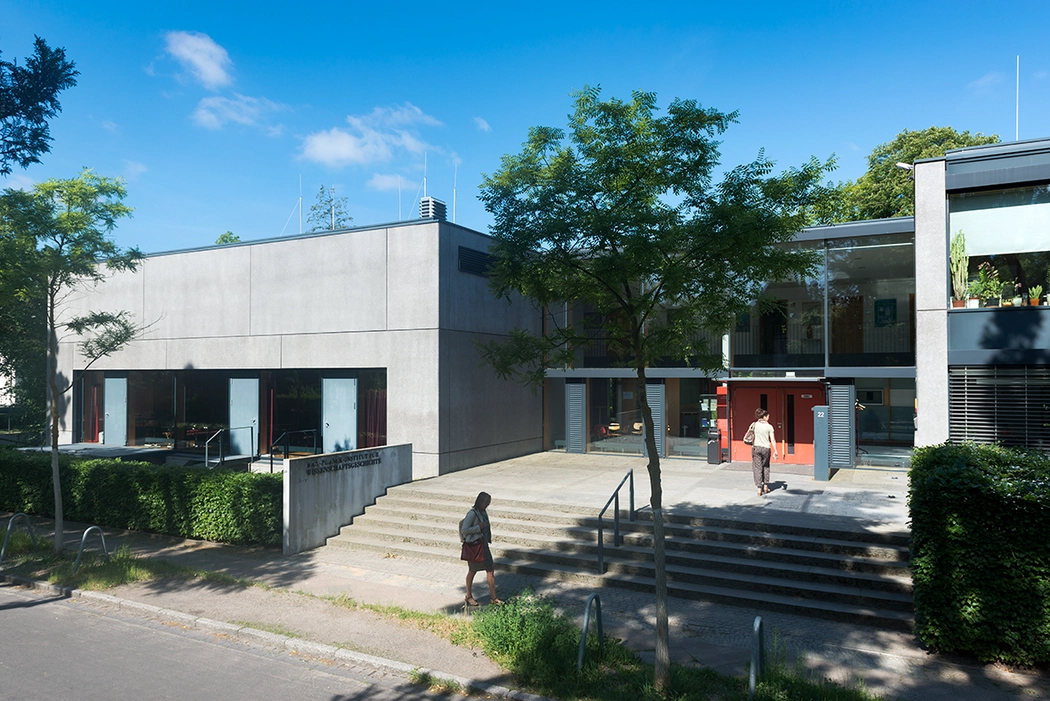What Science Will Be Remembered Centuries from Now, and Why?
DOI:
https://doi.org/10.21036/LTPUB10291Researcher
Lorraine Daston is Director of the Max Planck Institute for the History of Science in Berlin. Furthermore, she is a regular Visiting Professor in the Committee on Social Thought at the University of Chicago, Honorary Professor at the Humboldt University of Berlin and Permanent Fellow of the Institute for Advanced Study Berlin. A historian of science, her current research focus includes the emergence of Big Science and Big Humanities in the context of nineteenth-century archives, and the relationship between moral and natural orders. For her work, Daston received many prestigious prizes, among them the Sarton Medal of the History of Science Society, and the Lichtenberg Medal of the Göttingen Academy of Sciences and Humanities.

Original Publication
The Sciences of the Archives
Lorraine Daston
Published in
Citation
Lorraine J. Daston,
Latest Thinking,
What Science Will Be Remembered Centuries from Now, and Why?,
https://doi.org/10.21036/LTPUB10291,
Credits:
© Lorraine J. Daston
and Latest Thinking
This work is licensed under CC-BY 4.0
